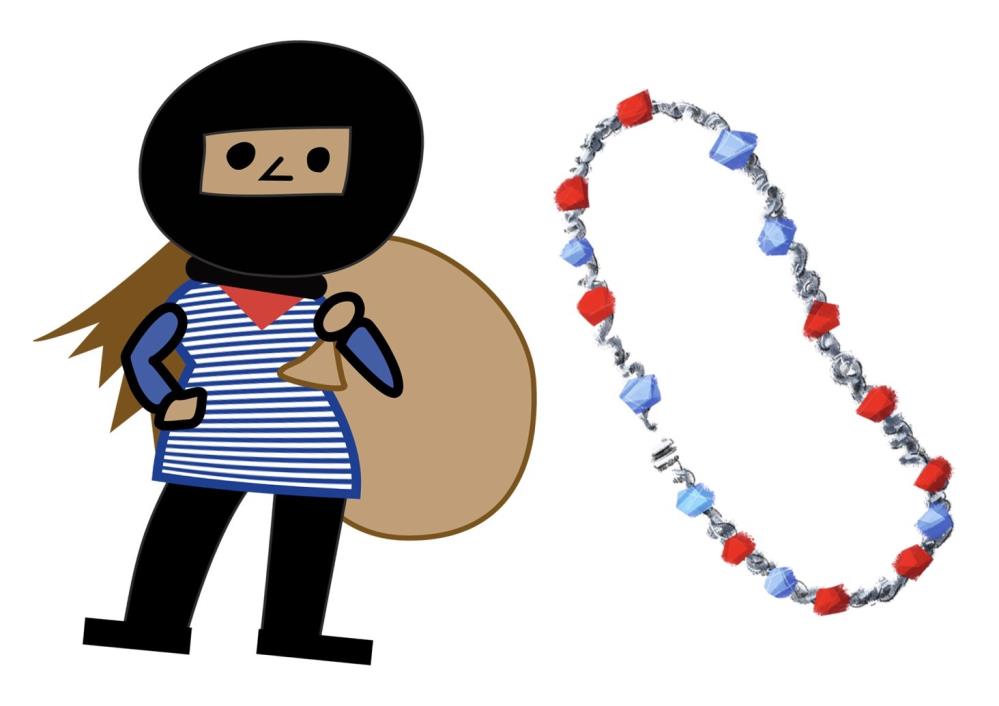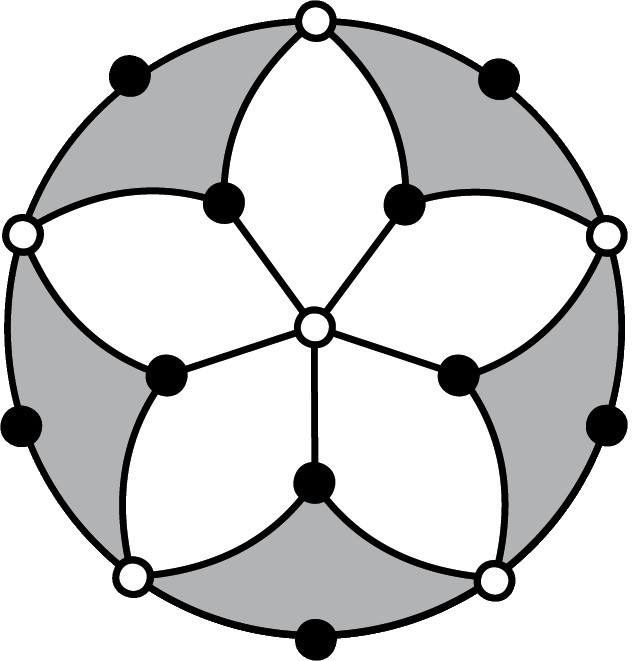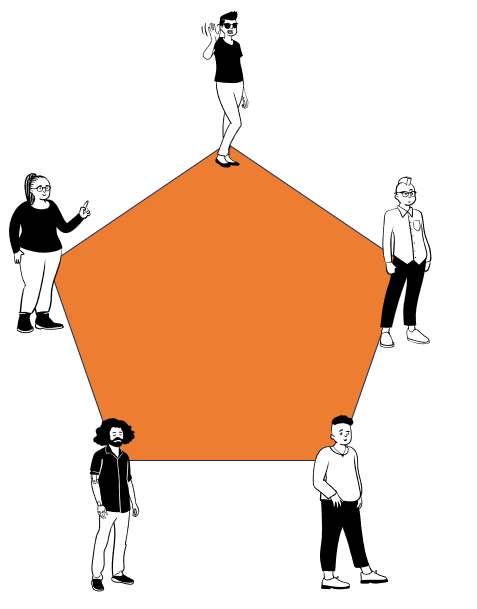Random Graphs and Complex Networks: Volume 2 has appeared!

In February 2024, the second Volume of the Random Graphs and Complex Networks book series has appeared. This volume is aimed more towards the research community, including PhD students and researchers, with a mathematical background.
Creativity is intelligence

During my studies in mathematics, I never thought about how I should practice or learn mathematics. Have you ever thought about this? I was learning formulas, theorems, proofs, and various other results by hard and applying them in new situations. Now I realize I could have approached it differently.
The Elegant Heist: Mastering the Art of Necklace Splitting

Ever wondered how stolen necklaces are tactfully divided? Join us on a captivating journey into the math under necklace splitting! This journey will lead us to a wonderful and very important theorem in mathematics, the Borsuk-Ulam theorem.
The magic of mathematics ♠️♥️♣️♦️

Did you know that a city tour was the foundation of the mathematical field of graph theory? And that graph theory has applications even in magic?
A mathematical journey to Suriname

From February 26th until March 1st, we had the unique opportunity to visit the Anton de Kom University in Suriname. The goal of our visit was to assess possibilities for cooperation between our mathematics institute and the math department in Paramaribo.
A peek into decision making in service systems

Often due to large waiting times customers abandon shops (online or physical), and owners don't realize that they have left. We call this a loss of opportunity. This is an important concept in queueing theory.
ICTS-NETWORKS workshop: A Confluence of Ideas

In the vibrant city of Bangalore, India, the International Centre for Theoretical Sciences (ICTS) played host to a discussion meeting titled "Challenges in Networks" from January 29 to February 2, 2024.
A sparkly new journal for graph theory

Academic publishing is booming, but at what cost? Ross Kang recaps the difficulties and announces a new diamond OA journal in graph theory.
Does no small structure mean larger homogeneous ones?

A conjecture of Erdős and Hajnal from 1989 says that forbidding any specific substructure results in existence of a very large homogeneous one! In this article you will have a look into one of the most fascinating problems in modern graph theory.
Why packing your car can be so frustrating.

Are you one of those people who always seems to pack just a bit too much for your car to handle when packing for a vacation? Then you should have a look at this article!
